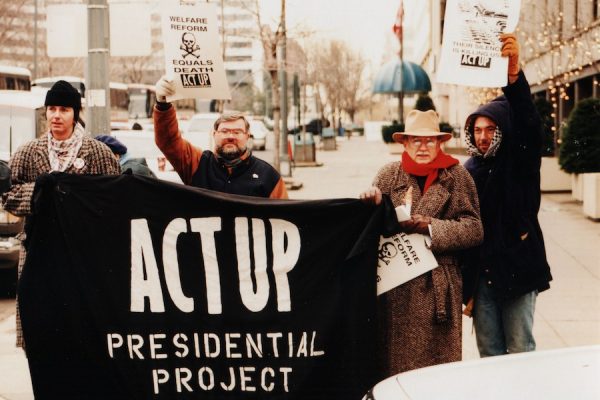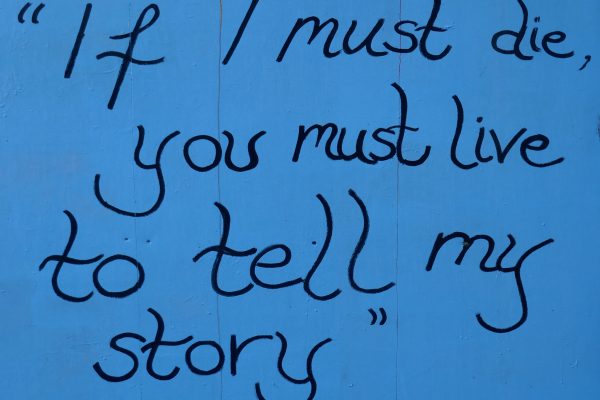Rev. Eugene F. Rivers, 3rd, continues to play an important role as a “lightening rod” for his generation of Black intelligentsia (“Beyond The Nationalism Of Fools: Toward An Agenda for Black Intellectuals,” Boston Review, Summer 1995). Operating on the margins of the academy — while simultaneously engaged in a project to rebuild the inner sanctuary of poor Black urban communities — Rivers has once again called the question: where on earth is a Black intellectual project with integrity and substance that addresses the death and destruction of a national community currently besieged by public health epidemics, massive economic dislocations, the erosion of Black civil society, and the advent of hopelessness and nihilism. In very simple and accurate terms, Rivers has shown that fame, fortune, and celebrity status are the cornerstone of late 20th century Black intellectual life.
Its about time someone exposed this highly visible generation of Black intelligentsia. Its leading members enjoy vast resources and greater access to the nation’s elite academies than any previous generation of Black scholars, but have yet to articulate or advance a research/ policy agenda capable of addressing the social, economic, cultural, and political emergency raging in the Black community. Preferring to engage in star-worship and a degenerate public discourse of name-calling, the leaders of the Black community have left a vacuum that has been filled by nationalists of various persuasions. In the face of a failed integrationist strategy, a sensible late 20th century nationalist project has yet to emerge and the Black intelligentsia seems poorly positioned, disconnected, and uninterested in helping community activists and advocates reconstruct Black civil society and its crucial institutions — families, neighborhoods, social and civic organizations, churches, and schools.
If there is anything capable of reaching the hearts, souls, and minds of this generation of salary conscious, media conscious, post-modern Black intellectuals, maybe it is the legacy of the golden era of Black social and political thought. The active participation of the Black intelligentsia during the first five decades of this century in the life struggles of Black America provides a blueprint for contemporary active engagement. The examples of W.E.B. DuBois, Oliver Cox, E. Franklin Frazier, Carter G. Woodson, Kelly Miller, Charles Hamilton Houston, Howard Thurman, Benjamin Mays, C. Vivian Henderson, Whitney Young, Ernest Just, Horace Mann and St. Claire Drake ought to inspire this generation of Black intellectuals to take seriously service for racial uplift.
Rev. Rivers exposed the fraud being perpetrated in the name of Black scholarship by lifting up for public scrutiny a historical model of nearly 100 years ago. It is time the Black intelligentsia stop the “name-calling” and “back-stabbing” long enough to have a serious discussion about the ways in which they might better serve the Black community in the 21st century. Following the blueprint of the 1896 Atlanta Conference makes good sense, and focusing on practical policy recommendations is essential.
Although the political discourse of Black intellectuals has always had its cantankerous moments, never before has a generation simply abandoned its responsibility to critically examine the status of Black Americans. Influencing (and educating) Black institutional leadership and shaping their programmatic and policy priorities into the 21st century is the political imperative at hand. The Black intelligentsia has a very special role to assume so that foolishness is not the response to a leadership vacuum created by the current social, economic, cultural, and political reality.
For the sake of legacy, leadership, and critical response, I too hope that Black intellectuals of this generation can reclaim the essence of their substance at the expense of popularity, visibility, and celebrity status.





